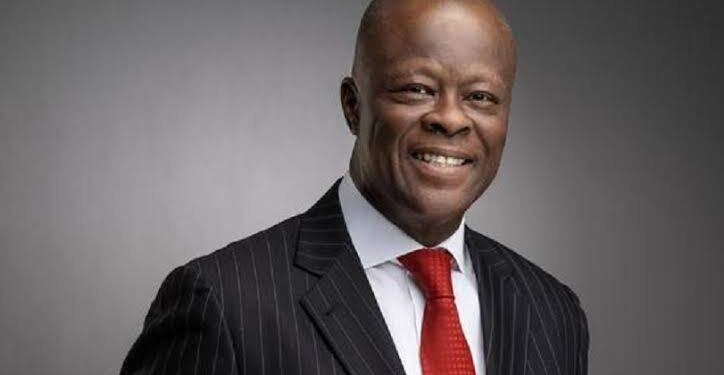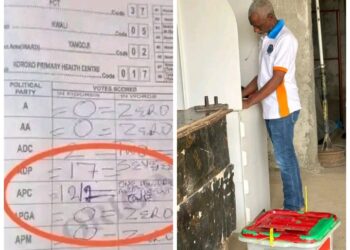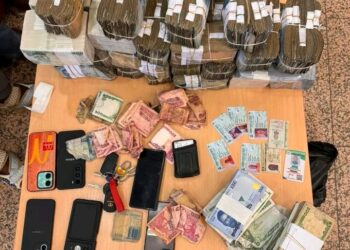The Federal Government has outlined plans to curb inflation and expand employment opportunities, the Minister of Finance and Coordinating Minister of the Economy, Mr. Wale Edun, disclosed.
Edun made the announcement during a media briefing held by Nigeria’s economic team at the conclusion of the 2025 International Monetary Fund (IMF) and World Bank Spring Meetings in Washington D.C.
He noted that the administration is working closely with global development agencies, including the World Bank, to open up avenues for job creation, with a focus on empowering young Nigerians and combating poverty.
“Our aim is to stimulate job growth within the country, support youths, and provide critical infrastructure, such as digital connectivity, data access, and expanded fibre optic networks, enabling remote work opportunities,” Edun stated.
The minister pointed out that Nigeria’s unemployment rate had declined to 4.3 percent in the second quarter of 2024, compared to 5.3 percent recorded in the previous quarter.
While acknowledging global economic uncertainties, Edun expressed confidence in Nigeria’s resilience against worldwide economic headwinds, including inflationary pressures and slowing growth.
He further praised the economic reforms initiated by President Bola Tinubu, describing the progress as evidence that the policies were yielding intended results.
Central Bank of Nigeria (CBN) Governor, Mr. Olayemi Cardoso, also spoke during the briefing. He admitted that inflation remains a major challenge to Nigerians’ economic wellbeing but affirmed that concerted efforts are underway to address it.
“Our strategy is anchored on sustainably reducing inflation to single digits over the medium term,” Cardoso said.
He highlighted that while the reforms implemented have been difficult, they are beginning to produce encouraging outcomes. At the IMF meetings, Nigeria was cited as a case study of successful policy redirection.
“We are witnessing a gradual shift from economic fragility toward strengthening fundamentals,” Cardoso noted.
Speaking on investments, the CBN governor revealed that a high-profile investment summit was hosted at the Nasdaq Market Site in New York, showcasing Nigeria’s improved economic prospects. He said the event significantly boosted investor sentiment, with increased interest from both diaspora Nigerians and international investors.
“Nigeria’s market fundamentals are gaining recognition, and confidence in the economy is being restored,” he added.
Cardoso reported that Nigeria posted a balance of payments surplus of $6.83 billion in 2024, driven by higher exports and growing capital inflows. This, he said, has helped stabilise the naira, limited currency speculation, and narrowed the gap between the official and parallel exchange rates.
On banking sector reforms, Cardoso explained that efforts to strengthen financial institutions are advancing steadily, with full cooperation from stakeholders.
He stressed that the administration is steering the economy toward an ambitious target of achieving a $1 trillion GDP by 2030. As part of this goal, the CBN has adjusted the capital requirements for banks to boost their capacity to support large-scale economic activities.
“The banking sector’s capital enhancement drive is progressing with strong commitment across the industry,” Cardoso stated.
Senator Sani Musa, Chairman of the Senate Committee on Finance, also commended the economic management team, expressing optimism that the ongoing fiscal reforms would significantly alleviate poverty and reposition the nation’s financial system for sustainable growth.
NAN





